U.S. District Judge James Boasberg said Wednesday that he will move quickly on a contempt inquiry centered on whether senior Trump administration officials knowingly defied his court order in March when it deported hundreds of Venezuelan migrants to El Salvador despite an emergency order he handed down hours prior — the latest in a high-profile and politically charged immigration case.
He also signaled the court's strong interest in hearing from two current and former Justice Department officials as witnesses in the revived contempt inquiry, which could be met with fierce opposition by Trump officials, as indicated during the hearing.
At issue is President Donald Trump's use of the Alien Enemies Act, a 1798 wartime immigration law, to deport more than 250 Venezuelan migrants from the U.S. to a maximum-security prison in El Salvador earlier this year, and whether Trump officials acted in defiance of a March 15 emergency order he issued attempting to block the flights. The fresh action on the contempt issue — and Boasberg's role at the center of it — is almost certain to spark fresh ire from Trump and his allies in Congress.
WHO IS JAMES BOASBERG, THE US JUDGE AT THE CENTER OF TRUMP'S DEPORTATION EFFORTS?
Boasberg, for his part, seemed unfazed for the duration of Wednesday's hearing.
"This has been sitting for a long time," Boasberg said of the stalled contempt inquiry, "and I believe justice requires me to move promptly on this."
He told both parties at the outset that he plans to move on the contempt inquiry "promptly," and ordered lawyers for the Justice Department and for the class of Venezuelan migrants to submit to the court by Monday in writing their proposals for how the case should proceed.
"Your Honor, the government objects to any further proceedings of criminal contempt," Justice Department lawyer Tiberius Davis noted.
Boasberg, in response, told Davis that he "certainly intends to determine what happened" on the day the government either intentionally or unintentionally violated his emergency order intended to halt the Alien Enemies Act removals. The government, he said, "can assist me to whatever degree it wishes."
"I am authorized to proceed, just as I intended to do in April, seven months ago," Boasberg noted lightly.
Boasberg also indicated the court's strong interest in hearing witness testimony from Justice Department lawyer Drew Ensign, and Erez Reuveni, who had represented the case on behalf of the government in March.
EX-JUDGES BLAST TOP TRUMP DOJ OFFICIAL FOR DECLARING ‘WAR’ ON COURTS
Reuveni, a whistleblower and former DOJ lawyer, testified after leaving the department earlier this year that he and other government attorneys were advised in March by senior department officials in March that they "may have to consider telling that court, ‘f*** you’" if they were barred from deporting migrants under the Alien Enemies Act.
"It seems to me that a factual inquiry is in order," Boasberg said Wednesday.
At issue is the Trump administration's use of the Alien Enemies Act to deport hundreds of Venezuelan migrants in March from the U.S. to a maximum-security prison in El Salvador in March, and whether officials complied with the court's emergency order blocking the removals temporarily, and ordering all flights to "immediately" return to U.S. soil, which did not happen.
The migrants were detained at the country's maximum-security prison, CECOT, until July, when they were removed to Venezuela as part of a broader prisoner exchange that involved the return of at least 10 Americans detained in Venezuela.
In April, Boasberg ruled that the court had found "probable cause" to move on criminal contempt proceedings against the Trump administration for failing to return the migrants to U.S. soil, citing what he described as the administration's "willful disregard" of the court.
TRUMP FOE BOASBERG ORDERS DOJ TO DETAIL STATUS OF CECOT MIGRANTS SENT TO VENEZUELA
For months, the contempt case remained on ice — but on Friday, judges for the full court of appeals rejected a request to reconsider the case and instead remanded it back to Boasberg to revive the contempt inquiry.
The back-and-forth has landed the presiding judge squarely in the crosshairs of Trump and some of his Republican allies in Congress, some of whom attempted an unsuccessful eleventh-hour bid to seek his interim suspension from the bench before Wednesday's hearing.
Both parties also addressed the request for injunctive relief sought by the class of migrants deported under the Alien Enemies Act law.
Boasberg's emergency order in March touched off a complex legal saga that ultimately spawned dozens of federal court challenges across the country – though the one brought before his court was the very first.
In July, he ordered the Trump administration to provide all non-citizens deported from the U.S. to a maximum-security prison in El Salvador to be afforded the opportunity to seek habeas relief in court, and challenge their alleged gang status, before they were removed again to Venezuela as part of the prisoner exchange.
Efforts to ascertain the identities and locations of the class of migrants remain ongoing, though ACLU lawyer Lee Gelernt said Wednesday that the "overwhelming" number of the plaintiffs deported to El Salvador in March still want to have the chance to have their due process claims heard.
The question of what that process entails, or how it will play out, remains to be seen, and Boasberg indicated plans for the court to consider that more fully in the weeks to come.
.png)
 1 hour ago
3
1 hour ago
3






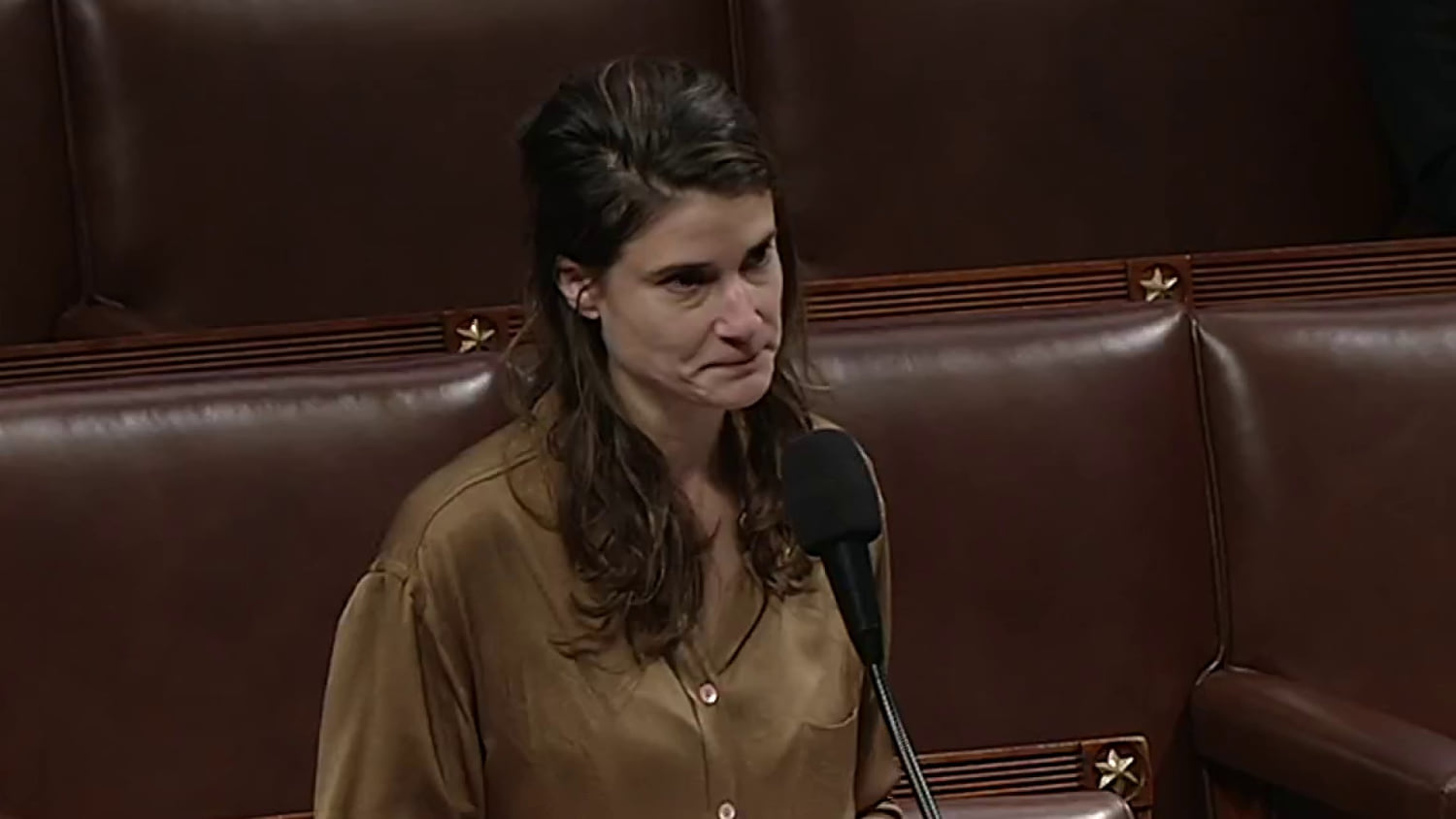
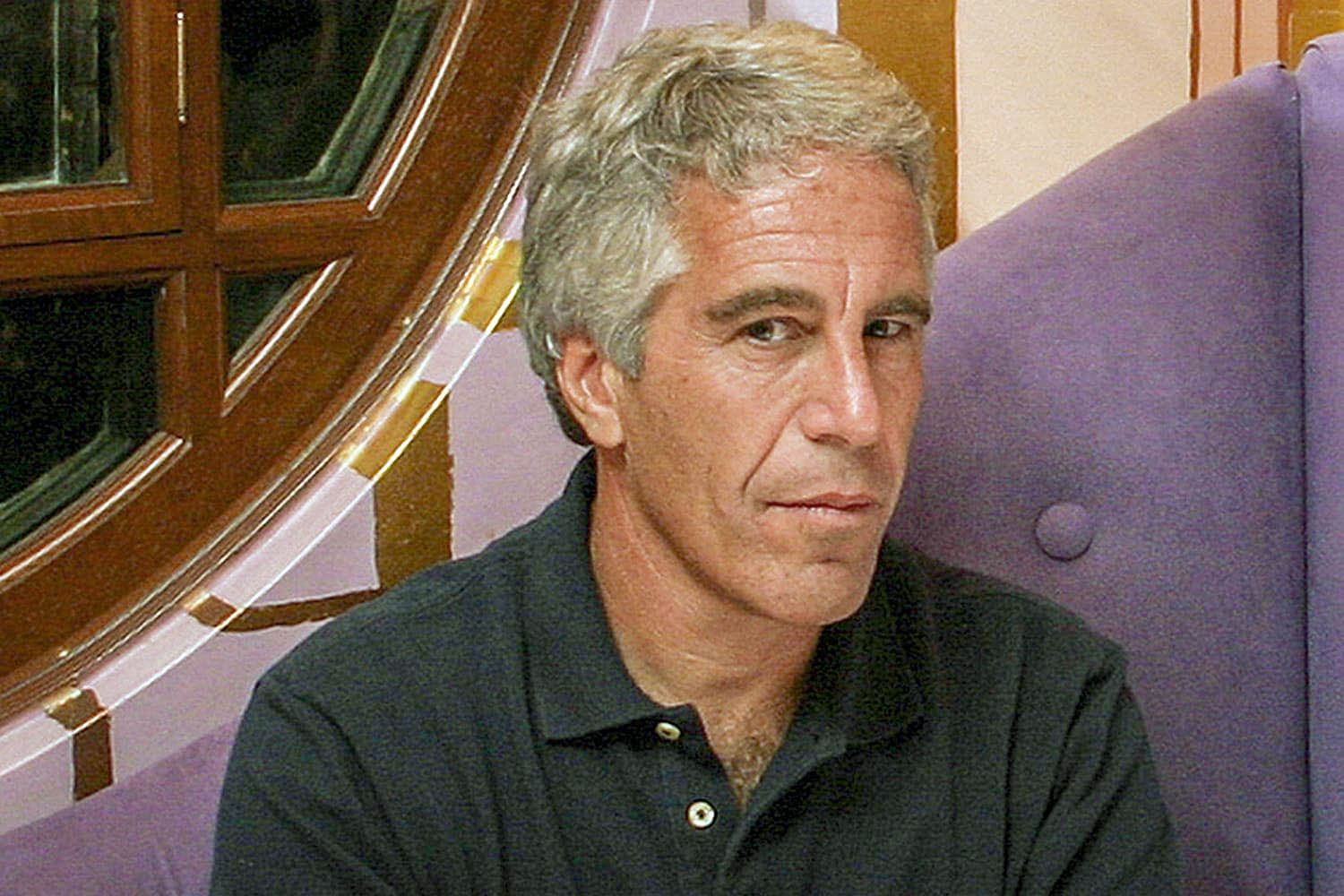
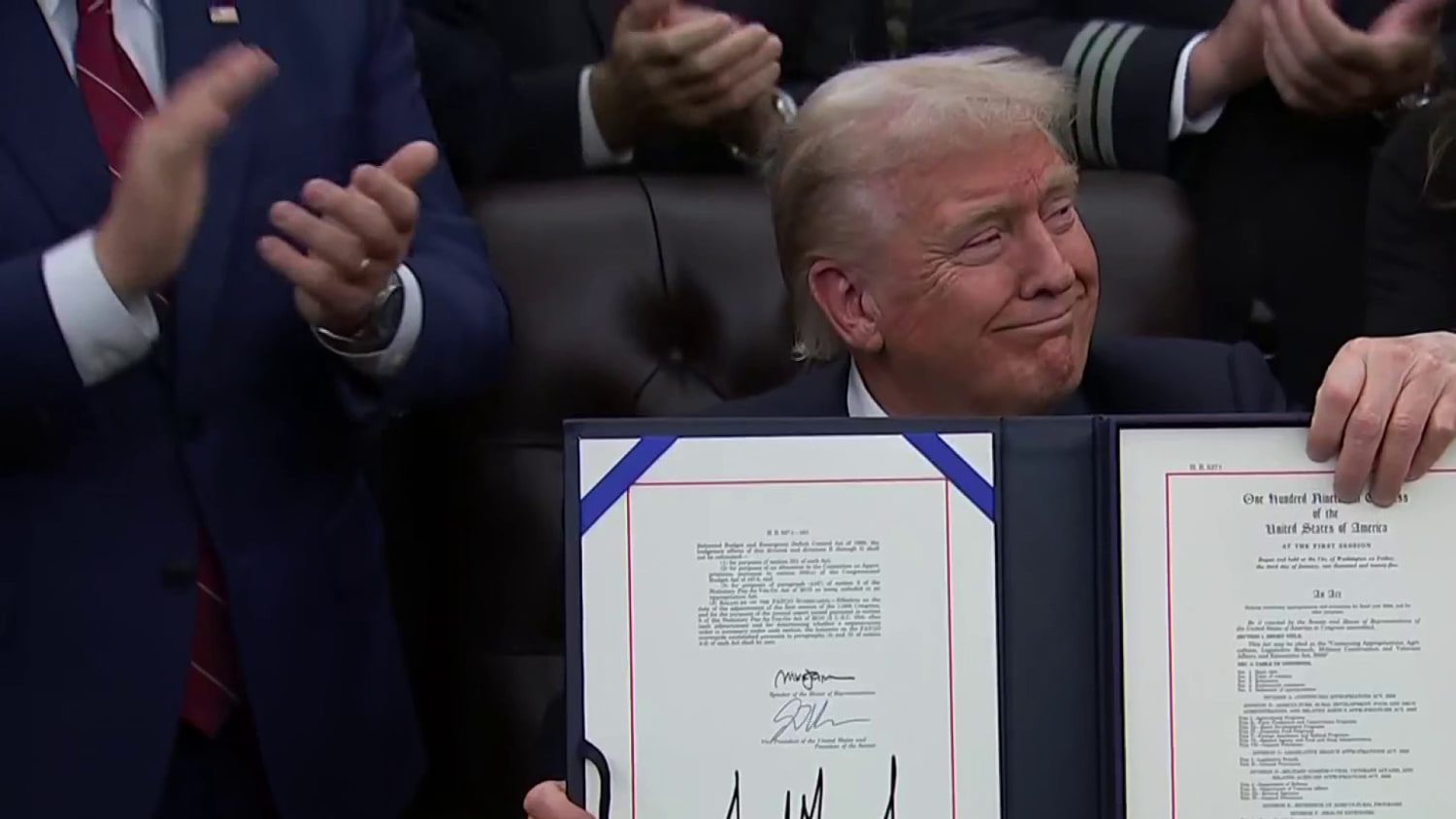
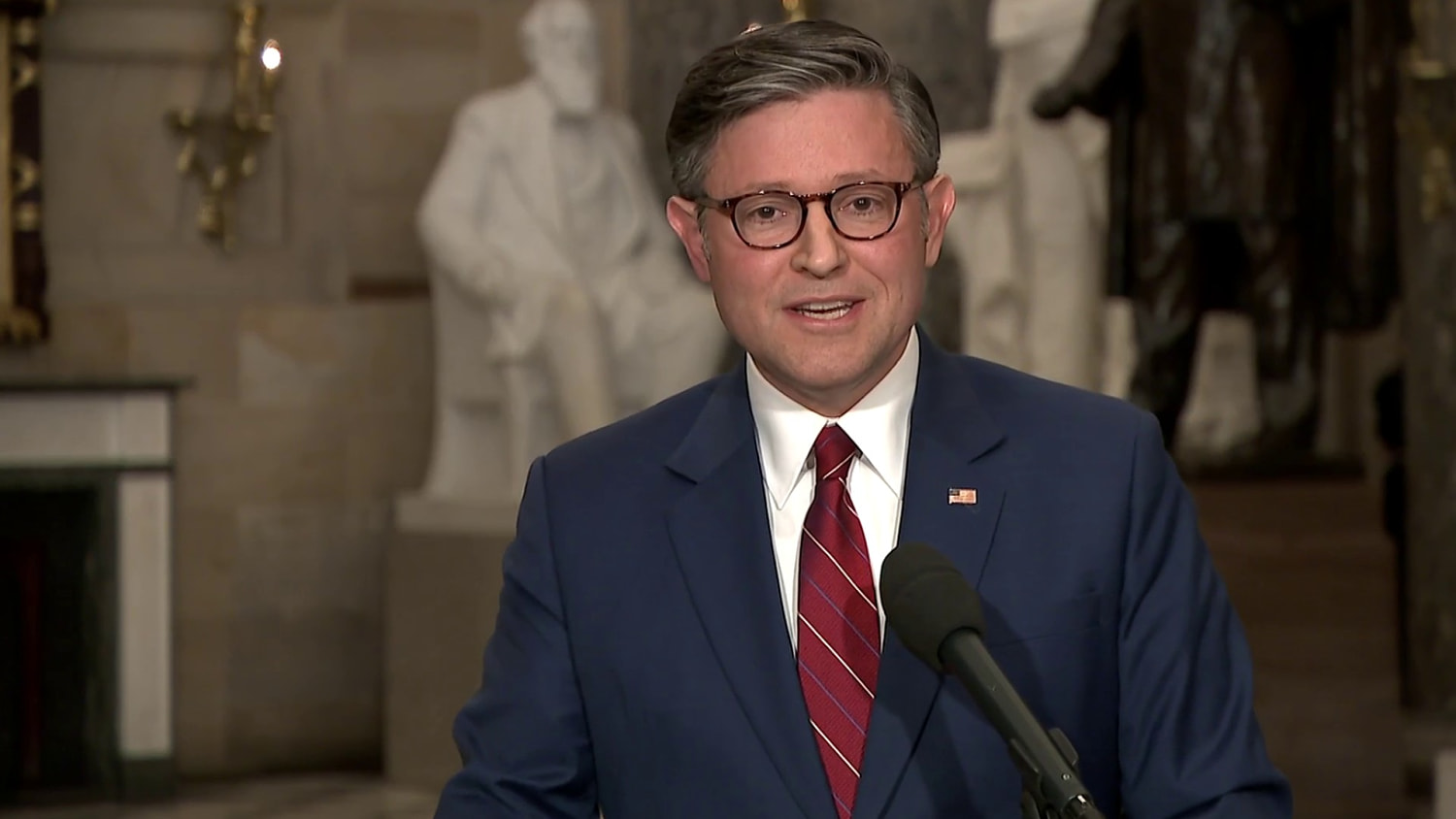
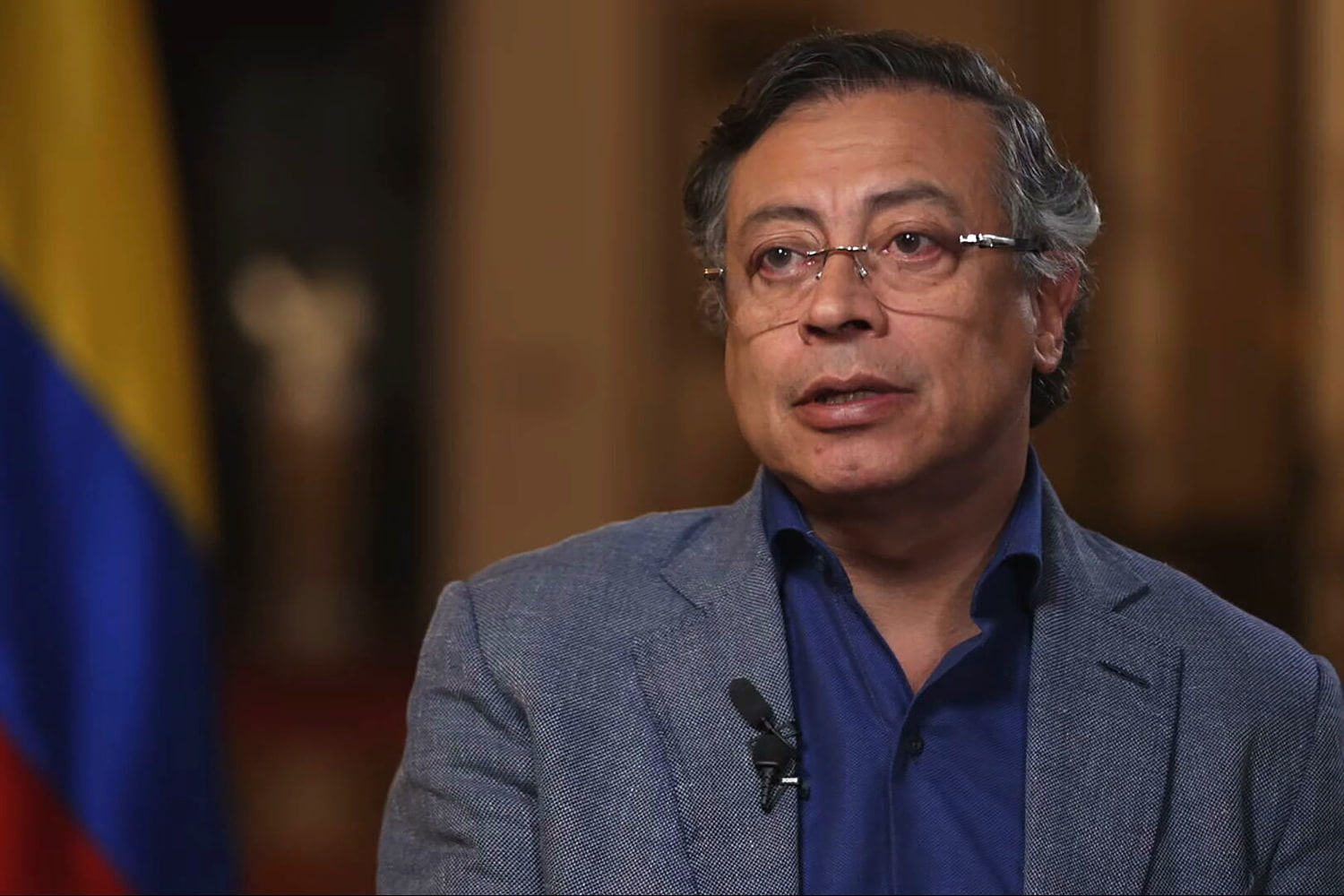
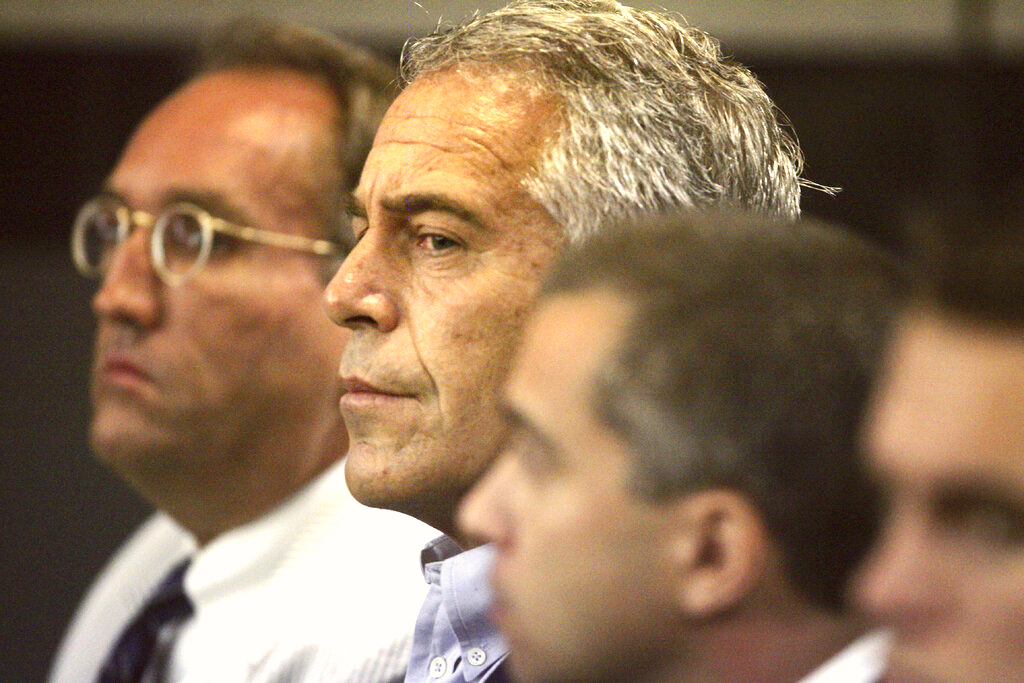
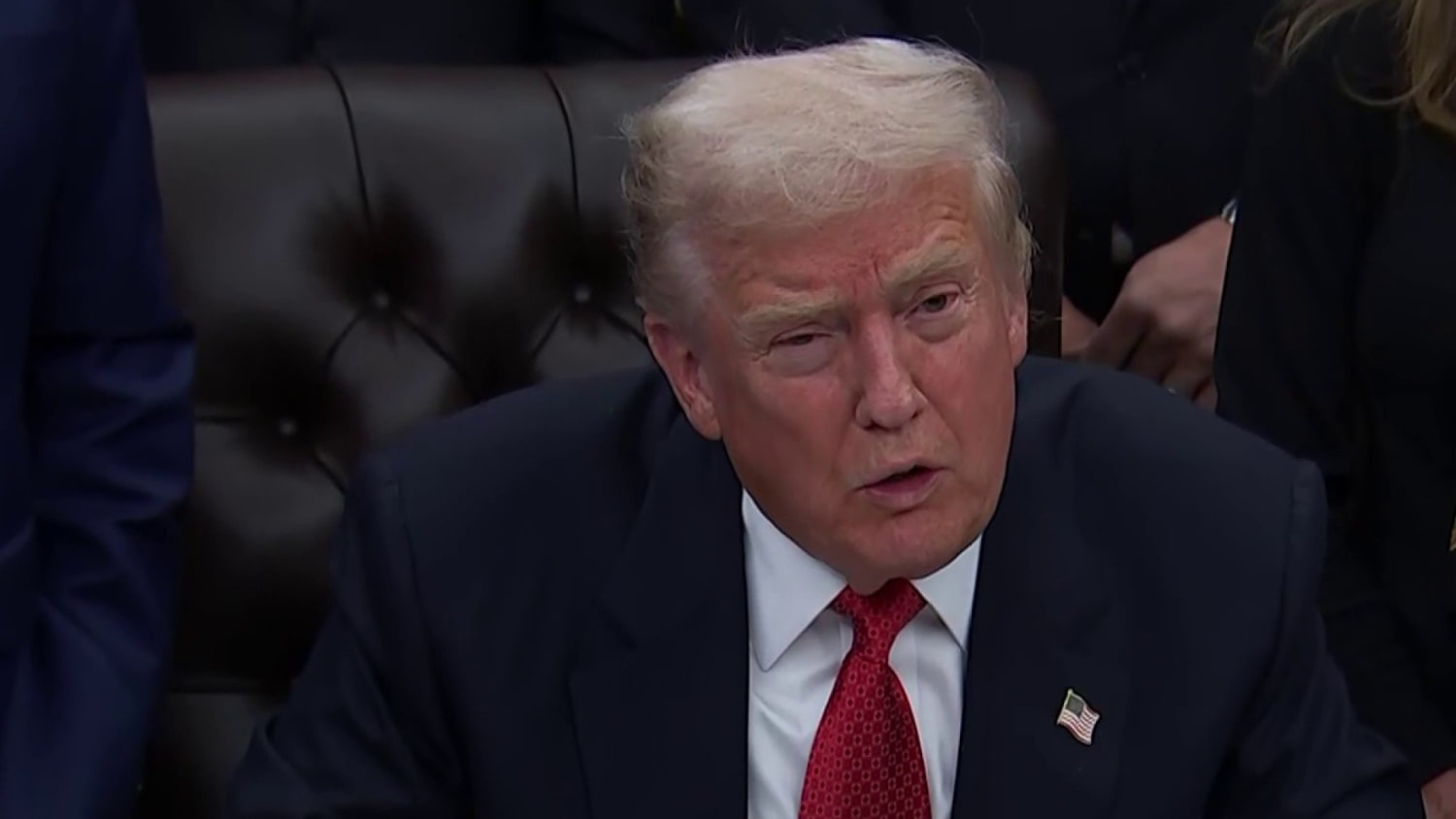


 English (US)
English (US)